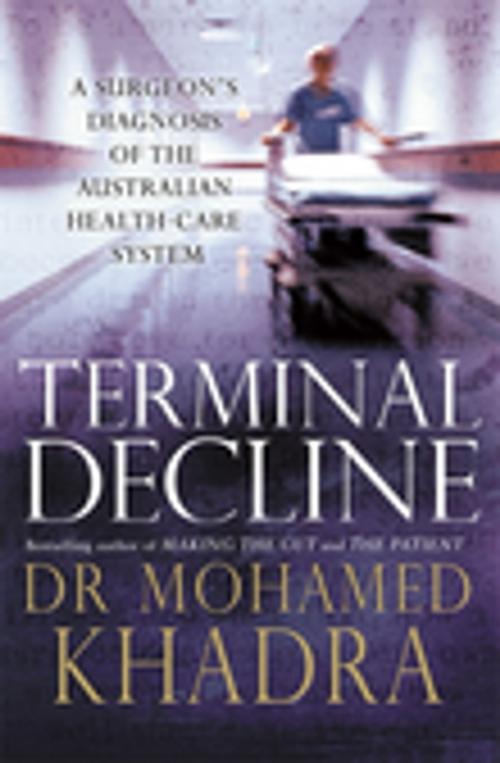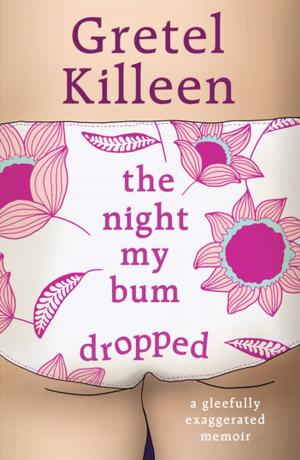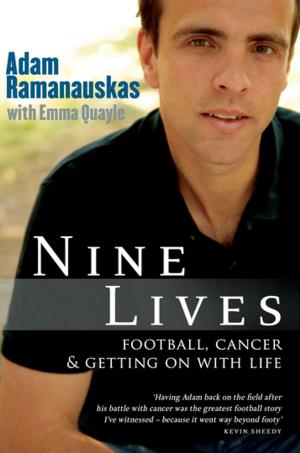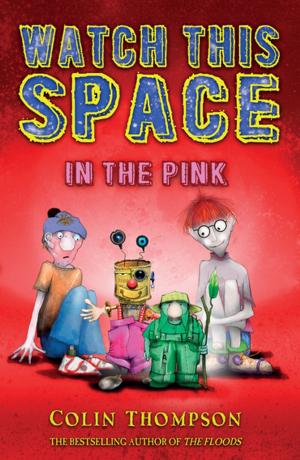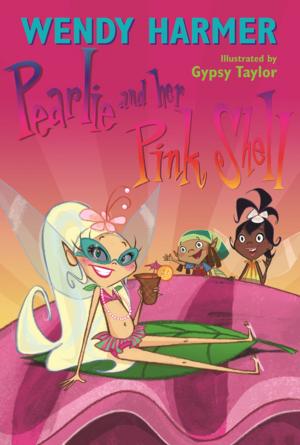Terminal Decline
Nonfiction, Social & Cultural Studies, Social Science, Sociology, Health & Well Being, Medical| Author: | Mohamed Khadra | ISBN: | 9781742741321 |
| Publisher: | Penguin Random House Australia | Publication: | October 1, 2010 |
| Imprint: | Random House Australia | Language: | English |
| Author: | Mohamed Khadra |
| ISBN: | 9781742741321 |
| Publisher: | Penguin Random House Australia |
| Publication: | October 1, 2010 |
| Imprint: | Random House Australia |
| Language: | English |
Healthcare in Australia is in crisis - what are the solutions?
This book is my attempt to find the truth about health care in Australia today; what decisions were made in the 1970s and 1980s that have resulted in the system in which I work; and who made those decisions' After the success of Making The Cut, in which he described his work as a surgeon, and The Patient, in which he wrote about the life of a man terminally ill with cancer, Mohamed Khadra moves to their natural sequel - the topical subject of the healthcare system in Australia. In this book, Khadra explains how our hospitals came to be stifled by bureaucracy; whether we can and should administer universally free health care to our population; and how best we can do that in 2010. He also peppers the book with compelling examples of real people he has treated - patients whose health he should have been able to improve, but who became stuck in a system that made their lives worse. Heath care is an incredibly emotive topic, which everyone has an opinion on.
Healthcare in Australia is in crisis - what are the solutions?
This book is my attempt to find the truth about health care in Australia today; what decisions were made in the 1970s and 1980s that have resulted in the system in which I work; and who made those decisions' After the success of Making The Cut, in which he described his work as a surgeon, and The Patient, in which he wrote about the life of a man terminally ill with cancer, Mohamed Khadra moves to their natural sequel - the topical subject of the healthcare system in Australia. In this book, Khadra explains how our hospitals came to be stifled by bureaucracy; whether we can and should administer universally free health care to our population; and how best we can do that in 2010. He also peppers the book with compelling examples of real people he has treated - patients whose health he should have been able to improve, but who became stuck in a system that made their lives worse. Heath care is an incredibly emotive topic, which everyone has an opinion on.
